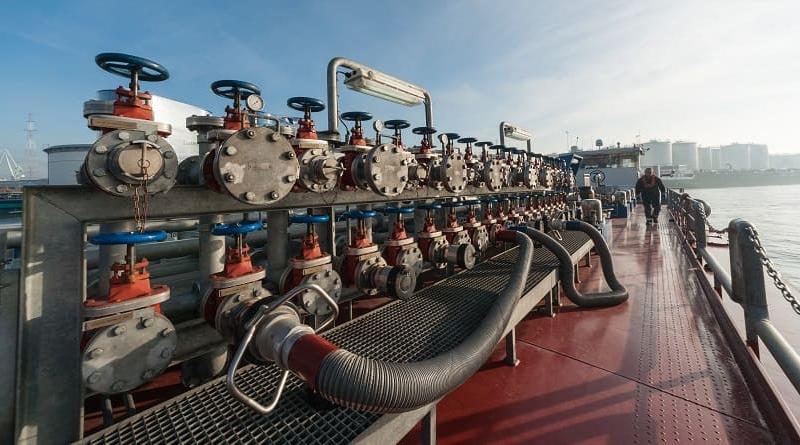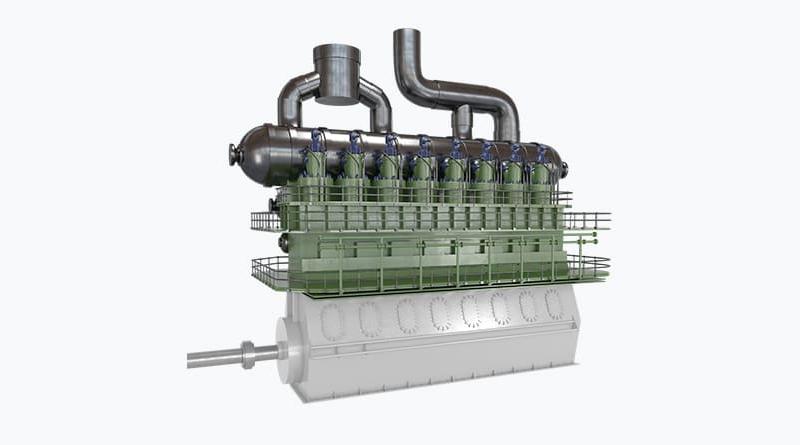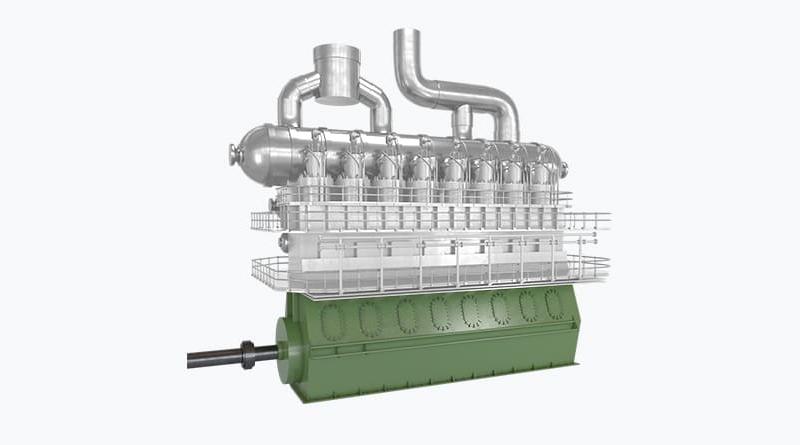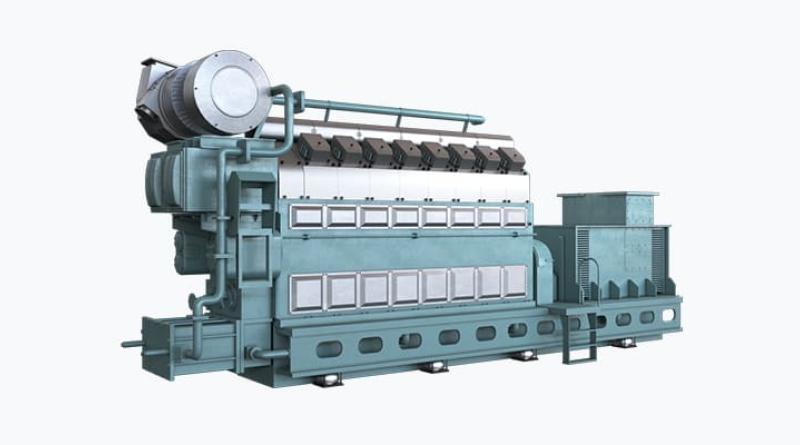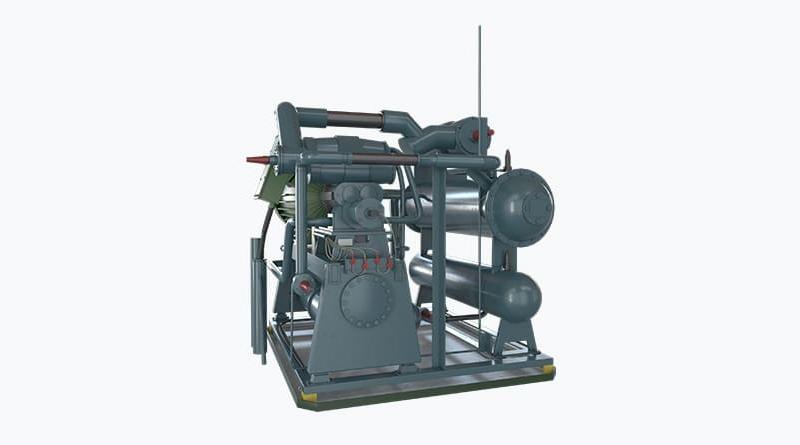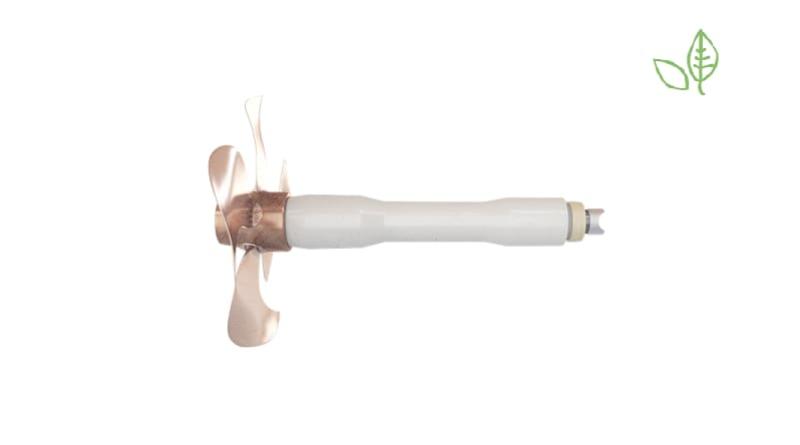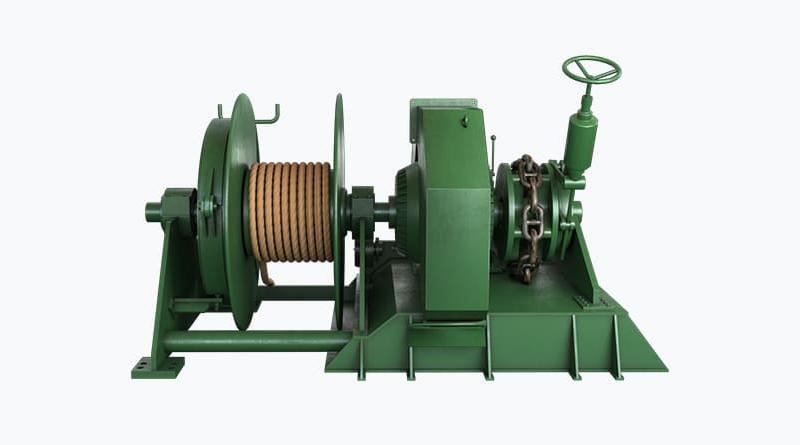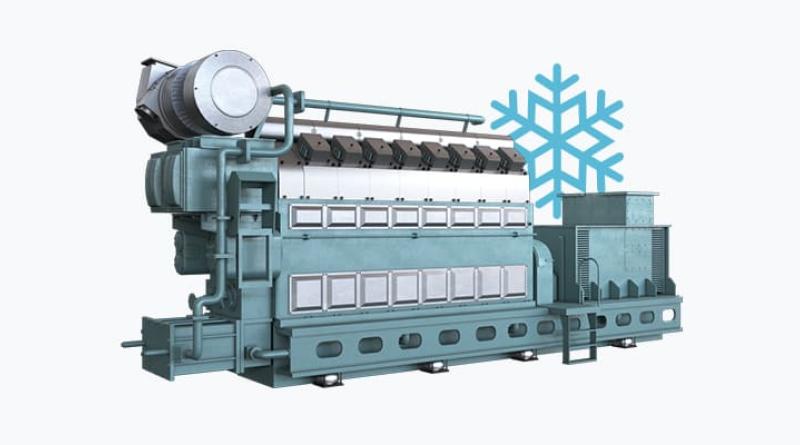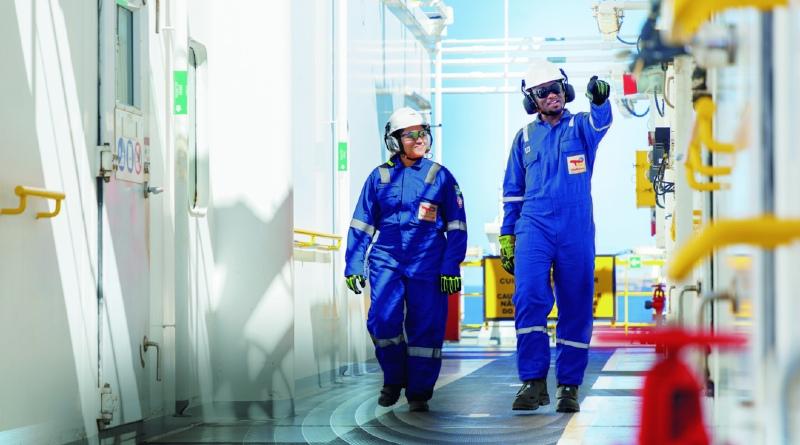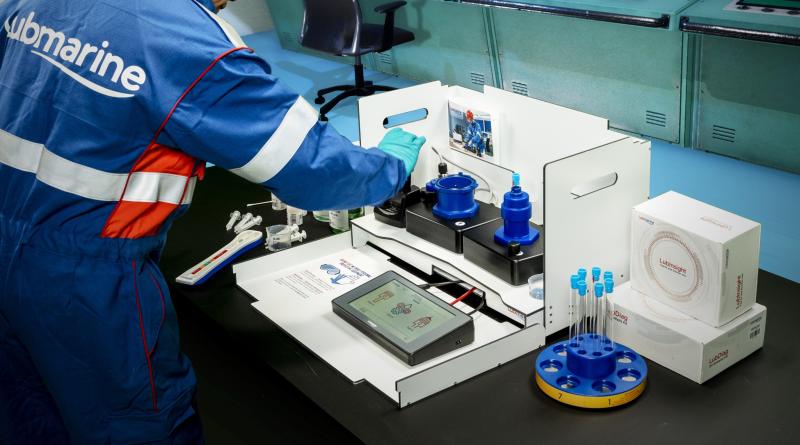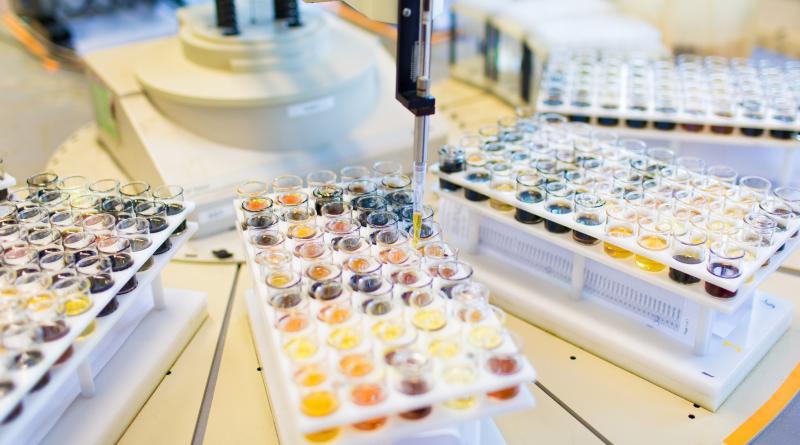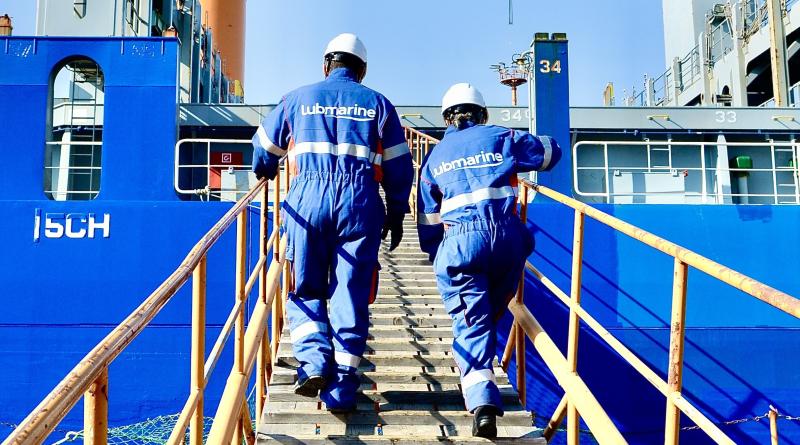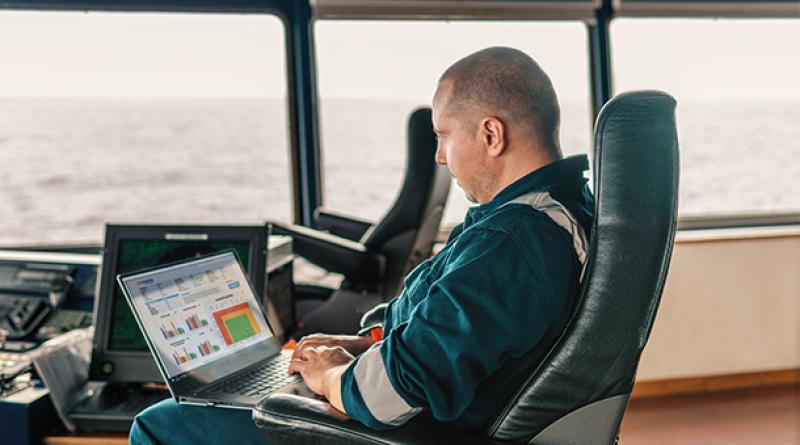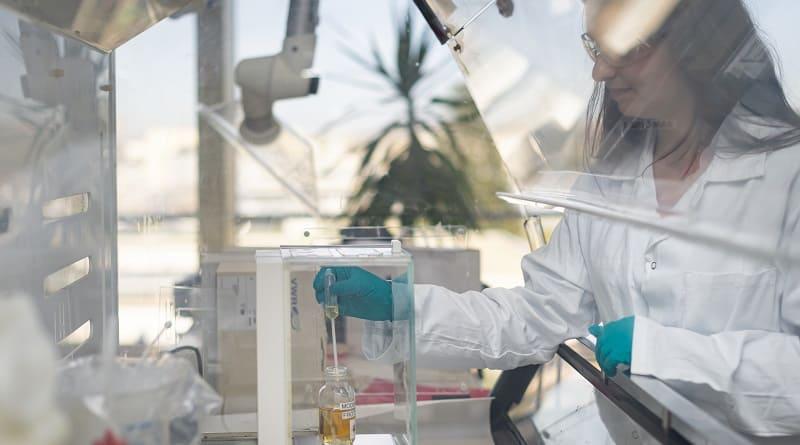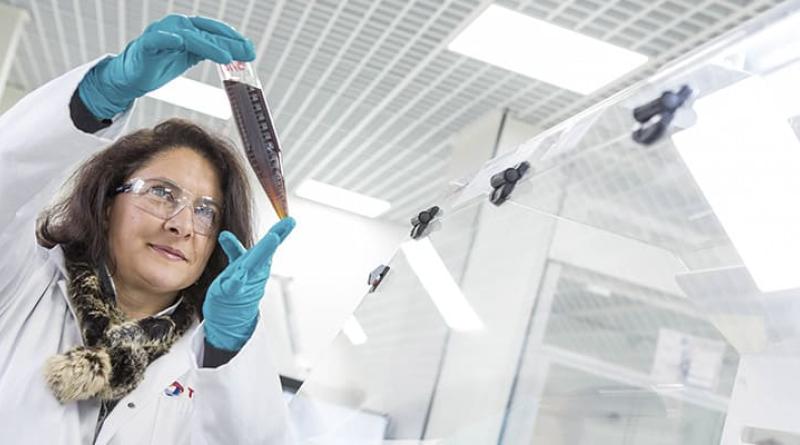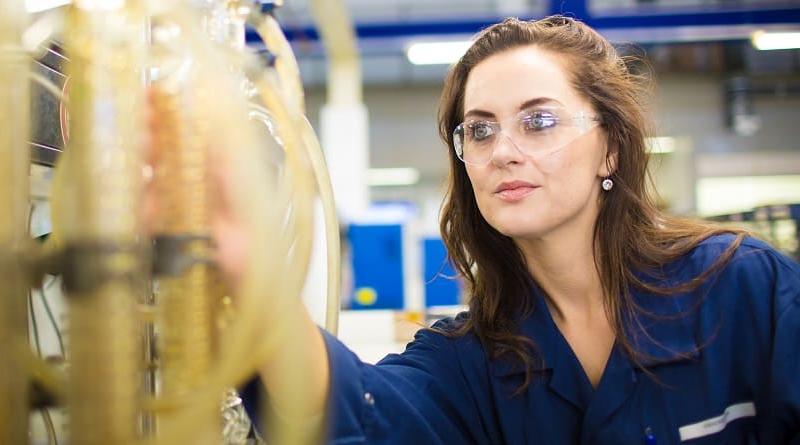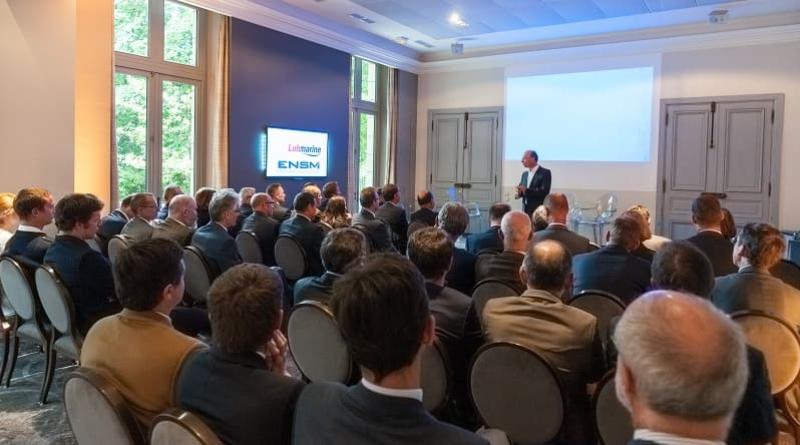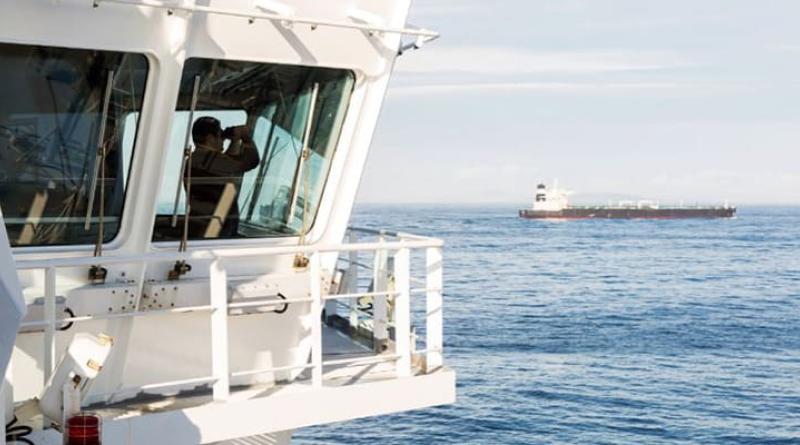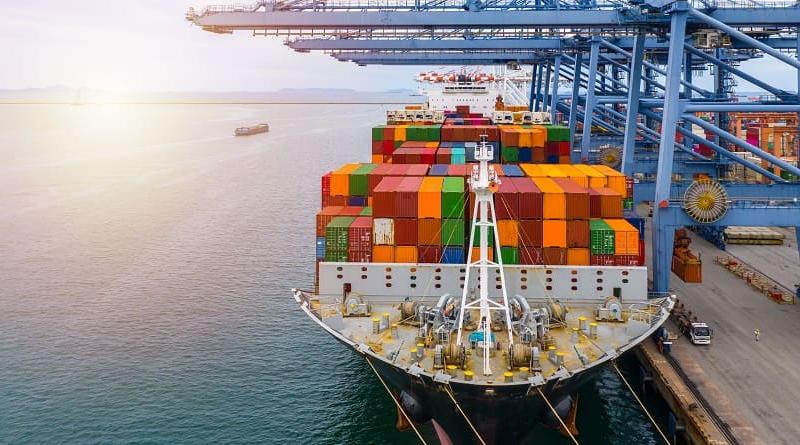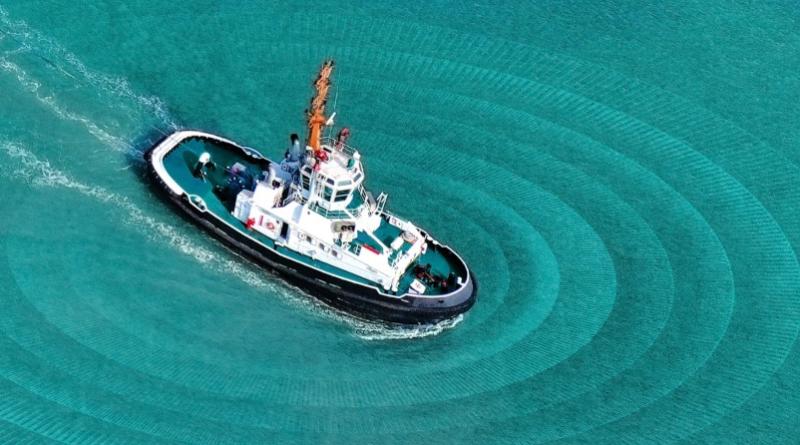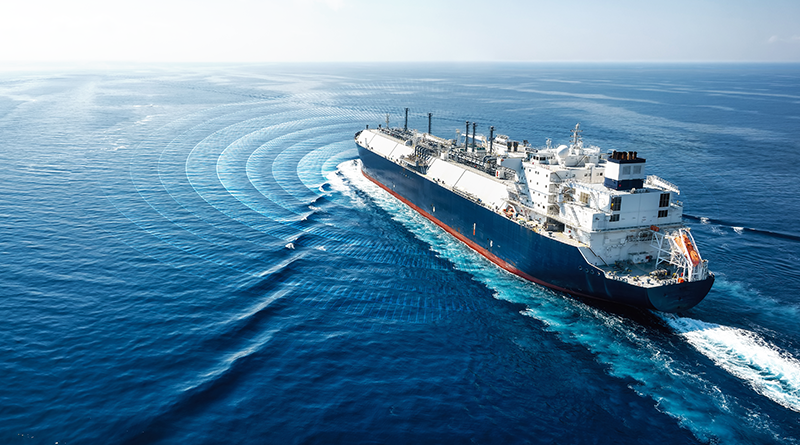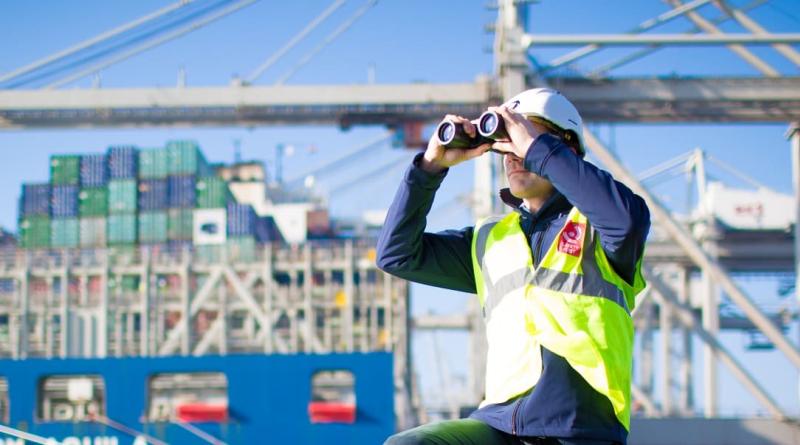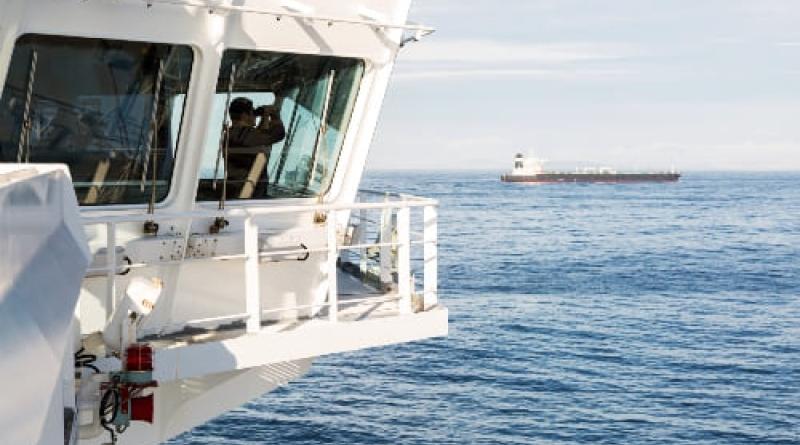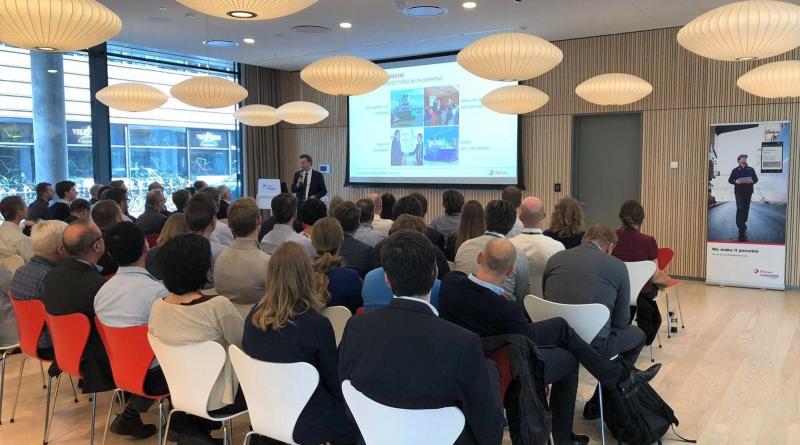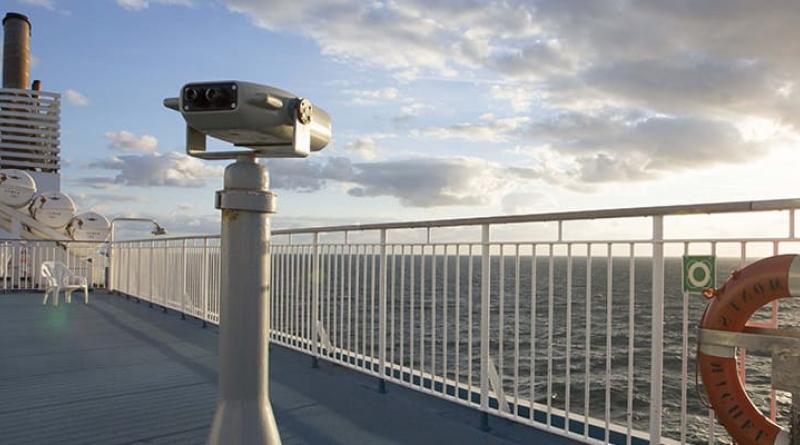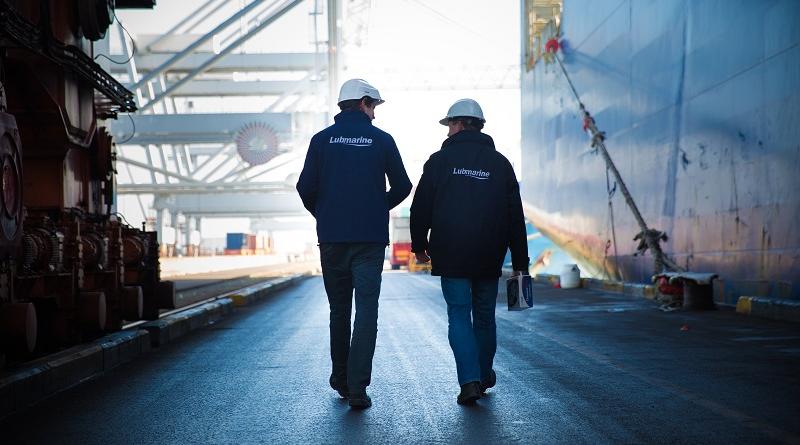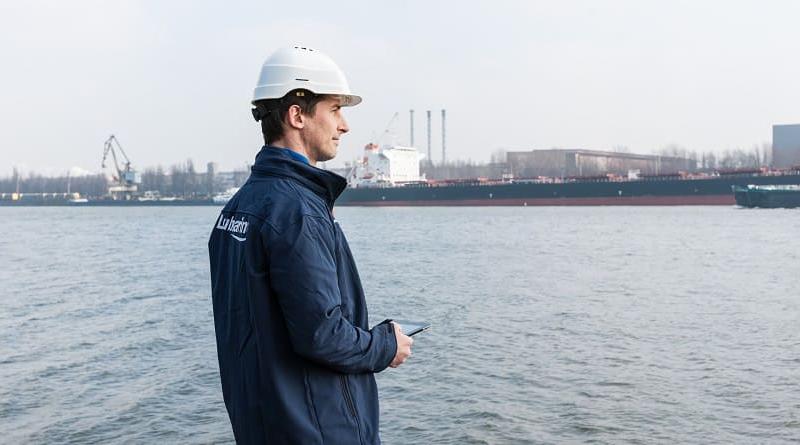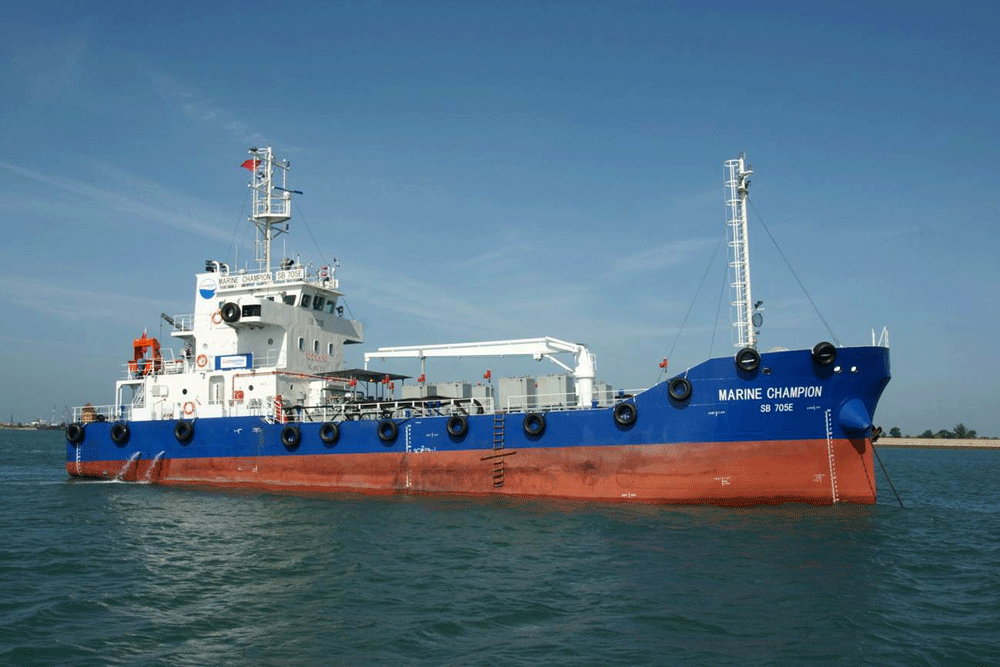
Navigating a fully laden barge with 15 tanks of lubricants through a busy port and out to a distant anchorage is no easy task. Every year Total Lubmarine safely and successfully makes tens of thousands of deliveries of marine lubes in more than 1000 ports around the world. Safety is our most important commitment and we rely on our highly trained crews to maintain excellent standards.
Moving fully laden barges in busy anchorages – and in the case of Fujairah several nautical miles offshore – requires experienced and qualified crew. Whether the barge is on charter or spot hire, Total uses a crew metric to make sure that the personnel aboard any given barge are more than capable of navigating the barge and then competently completing a delivery. The same crew members operate a particular barge on each of its outings, meaning they are used to working as a team and know Total’s operating procedures. A mariner with captain rank is always at the wheel.
Last year Total Lubmarine provided marine lubricants for over 7000 vessels. Our large network enables us to respond to customer requests for lubricant deliveries in the most remote of ports. However the majority of bulk orders are placed by customers when their vessels are moored in major maritime hubs and anchorages. To fulfill these orders and deliver efficiently, Total Lubmarine has eight barges on timecharter, located in Antwerp, Rotterdam, Istanbul, Singapore, Hong Kong and Fujairah.
Over the past four years, a renewal programme has seen all but two of the timecharter barges replaced with new models. Most recently the Poseidon, a 37m long, 700dwt barge entered into service in Piraeus, the latest in a string of investments which has seen new barges begin operations in Singapore, Antwerp and Rotterdam and Istanbul. Every barge in the Total Lubmarine chartered fleet is double hulled, complying with the latest safety specifications. In terms of safety and build quality, the barges are of the same calibre as large oil tankers, but obviously smaller in size.
When the need arises, spot charter barges are vetted using a database system shared between Total and other oil majors. Stringent standards must be met before a barge is considered fit for crewing and loading lubricants, regardless of the commercial pressure and time constraints imposed by a customer. In US ports, specific barges are spot chartered to comply with US regulations.
Safety
We maintain stringent safety standards and run continuous safety campaigns focused on creating awareness of the steps and processes that must be in place to ensure safe delivery of both lubricants delivered in drums and lubricants delivered in bulk. Should an incident occur, oil spill protection equipment is accessibly located on the decks of our barges. All personnel have undergone first aid medical training.
In addition, one crisis drill is held per year for each of the timecharter barges. A real incident is simulated and a full debriefing held. These drills are as much for management as they are for crew. It is vital to ensure that head office and personnel on a barge are able to communicate proficiently with each other and a given port authority in the event of a mishap.
Why deliver by barge?
Barge deliveries provide all kinds of advantages to ship operators and their crews. Major ports command high costs for mooring alongside – by taking on lubricants in an anchorage or just offshore, time and money in port can be saved. Bulk orders can be delivered more efficiently by barge than by truck – seafarers on the delivery barge and receiving ship can communicate to ensure a smooth operation.
A well designed delivery barge can also help ship operators tackle the complexity involved in lubricating modern ship engines. Changing engines and regulations, such as the new emission control areas (ECA) regulation that came into force on 1 January 2015, mean that ships need to carry three different types of cylinder lubricant to facilitate the transition from high to low sulphur fuel (and vice versa) that they may undergo several times in the same voyage. Each Total barge has 9-15 tanks and carries up to three different cylinder lubricants, covering all potential engine scenarios.
The cost of safely maintaining, renovating and expanding a barge fleet is considerable and a company investing in these processes can be relied on to ‘stick around’ in the market. Total Lubmarine has been producing and delivering marine lubricants for 60 years and based on its current barge operations, will definitely be a firm feature of the shipping scene for decades to come.


